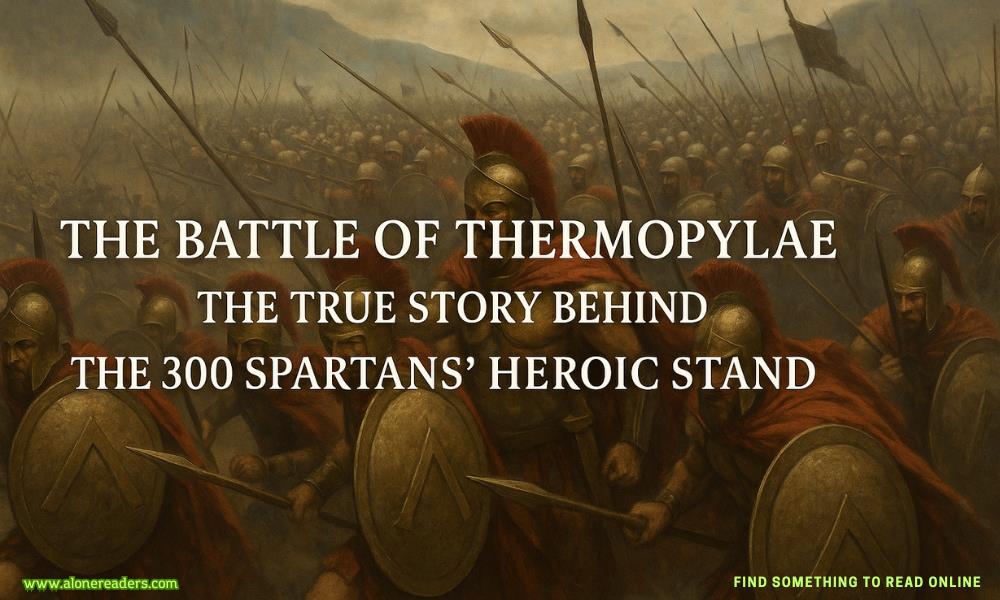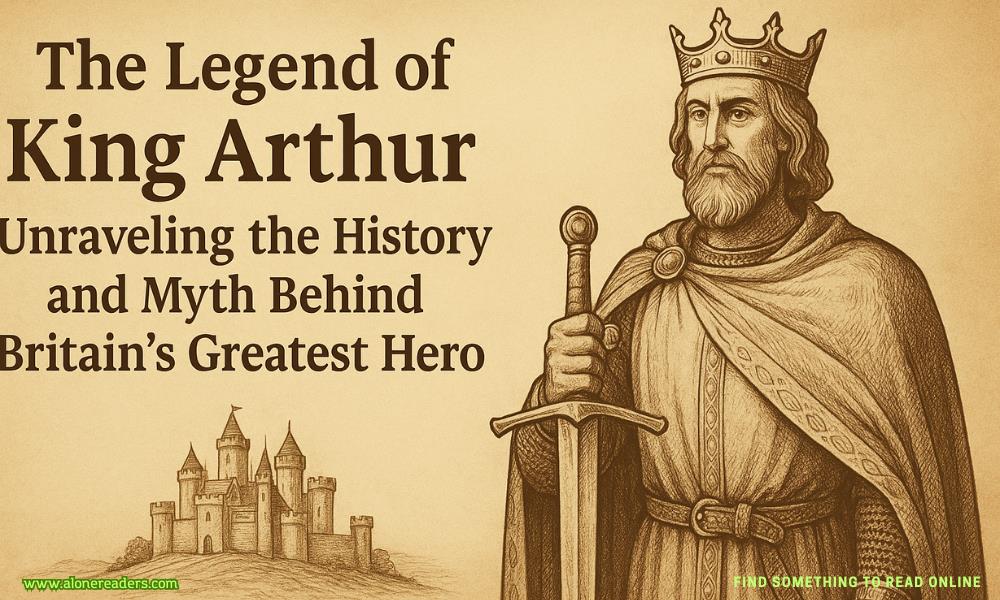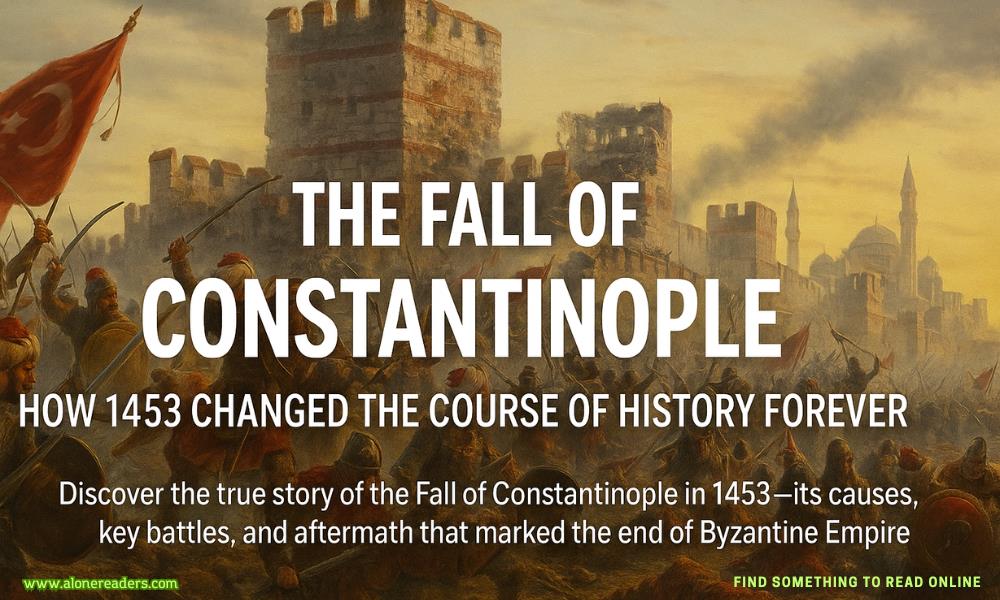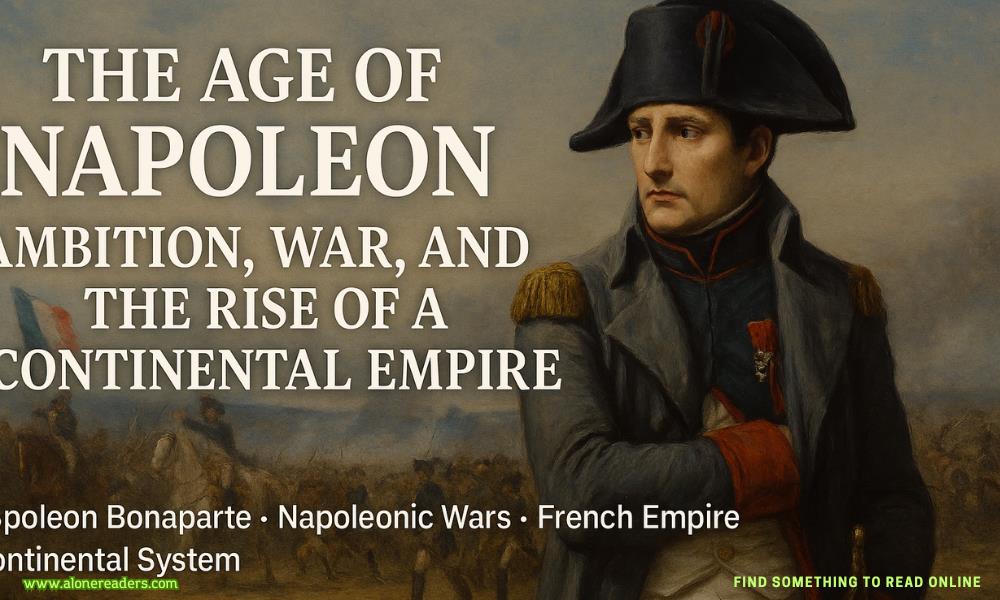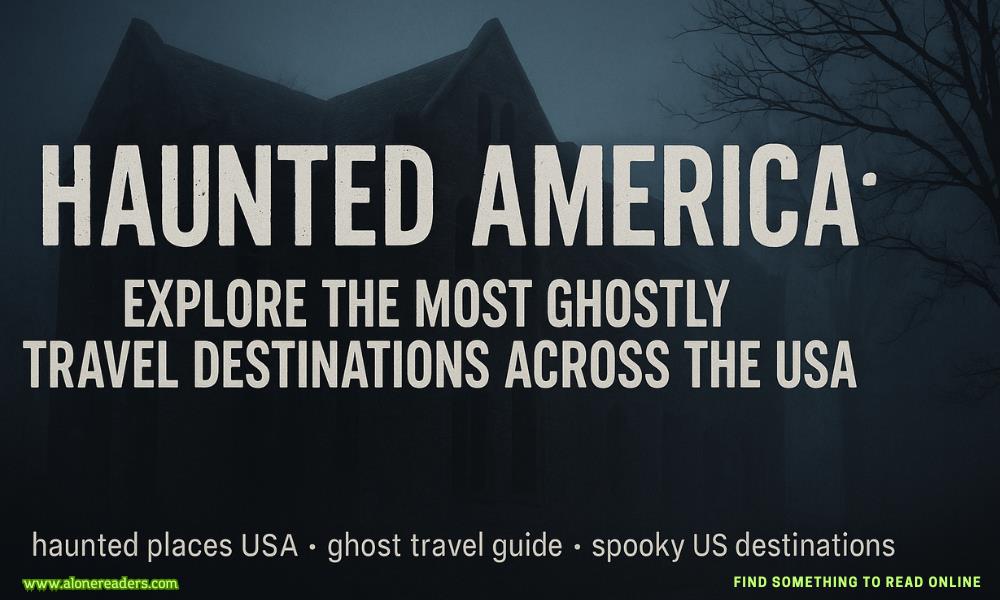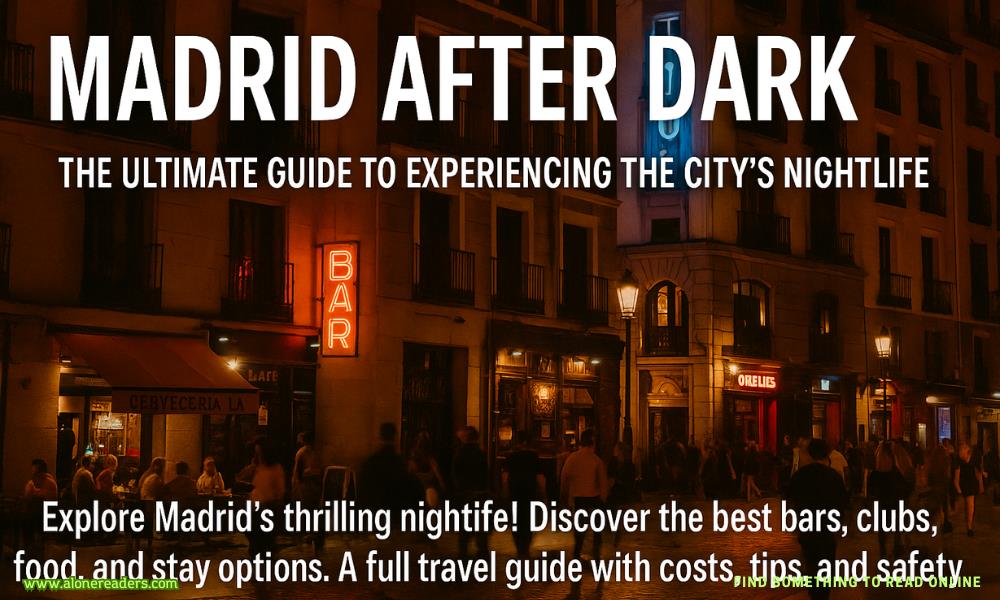Page 40 of Aftertaste
It was a long shot, but Kostya was getting desperate.
That first night, the apartment stone cold and empty, he’d hung up the phone with Frankie’s mother and stood in their kitchen—his kitchen, now—in the dark, waiting. He closed his eyes, felt the raw opening inside of him tearing at its sutures, felt the notches in the countertop where Frankie had banged scaloppini thin with a mallet, felt the air around him shift and maybe—maybe—maybe—
But no.
Frankie didn’t show up that night. Or the next. Or the next.
He didn’t show up in his old bedroom, Kostya sitting on his stained—ew—comforter in eerie silence. Or at his own funeral, when the Wolfpup staff cut through the grieving crowd to present Frankie’s knife set—salvaged from the fire and wrapped in white linen—to his mother, who cradled it to her chest and wept. He didn’t make an appearance when Kostya helped ease his casket—featherlight; there was so little left to bury—down into the ground, like slipping sage into the cavity of a fish. He didn’t even show up at the charred ruin of Wolfpup, where Rio held a candlelight vigil in his memory.
Kostya had stared into the flame of his votive, willing Frankie to appear, send a smoke signal,something. Make some sort of contact to stop the awful thoughts that kept creeping into his head. Thoughts about how Frankie’s death had been his fault.
A couple weeks before the fire, Frankie told Kostya that he’d seen something strange in the Wolfpup dining room.
“A face, man.”
“A face?”
“Yeah. You remember that ghost we did a couple Fridays back? Real skinny? Sad turkey meat loaf?”
Kostya did remember. No salt in the mix. No pepper. No seasoning at all. Baked just till it was cooked through—nothing brown or crispy about it. A gross, flesh-colored mound of meat.
“The dancer,” Kostya said. “From Julliard.”
“Yeah. Right. So it was definitely her—I don’t forget a face.”
“And she was in the Wolfpup dining room? Doing what?”
“Straight-up lurking.”
“Why?”
“I dunno, man.” Frankie hesitated. “I’m not even sure I really saw her. I been pulling graveyards all week, then camping at the bar, partying with Delia, downing espressos, and doing it all again.”
“Delia’s the artist?”
“That’s Celeste. Left me for that ball player, remember? Dee’s an heiress.”
“You should get some rest.”
“I’m hustling, Bones. I’ll sleep when I’m dead.”
And then, just like that, Frankie was gone.
Was it really such a stretch to imagine that Kostya had somehow been responsible? Guilt rose in his throat whenever he considered the possibility that a ghost—one of his—had done this. The other possibility, of course, was that it was just an accident—a horrible, freak, life-altering but totally explicable accident—like the cop on the phone had claimed. And either of those theories was still better than theotheralternative, the truly unhinged notion Rio had posited at Frankie’s repast.
After the fire, Rio had scrambled to get the insurance company to pay out damages so he could reopen Wolfpup someplace else, or at least pay his staff till they found other gigs. But they wouldn’t give him so much as a cent.
“You kidding me?” Kostya had asked, stunned. “Why?”
“They say they’re still ‘investigating the incident,’ whatever that means.”
“What’s there to investigate? There was a fire.”
“Yeah.” Rio took a long sip of coffee, waited for Frankie’s mother and aunts to get out of earshot. “Except they’re saying Frank mighta started it. Which, I know,” he added, catching Kostya’s expression, “Iknow—but if he did kill himself, set the fire on purpose, insurance won’t pay.”
“He’d never do that.”
“It don’t make sense to me either.” Rio looked away, at a photo on the wall, a five- or six-year-old Frankie on his father’s lap, his mother standing behind them, a grandmother on either side—one draped in patterned scarves, the other in clerical black—looking dotingly at their grandson. “But thing is, that walk-in? Lock’s got a safety release on the inside. Glows in the dark.”
- Lily and the Duke by Carole Mortimer
- Claimed By Daddy by J.L. Quick
- Room One Hundred and Twenty-Five: All Access by Layne Daniels
- Pleasing Him by S.E. Law
- Knocked-Up Bratva Bride by Veda Rose
- A Touch of Fate by Cora Reilly
- Tamed By A Knight by Lena Little
- Forced & Knocked-Up Bratva Bride by Lexi Carter
- Forced Innocent Bride By the Bratva by Lexi Carter
- Chain Me by Bianca Cole
- Dirty Little Sinner by Samantha Barrett
- Sinister Promise by Zoe Blake
- Black Flag by Shey Stahl
- Happy Hour by Shey Stahl
- How to Deal by Shey Stahl
- Love Complicated by Shey Stahl
